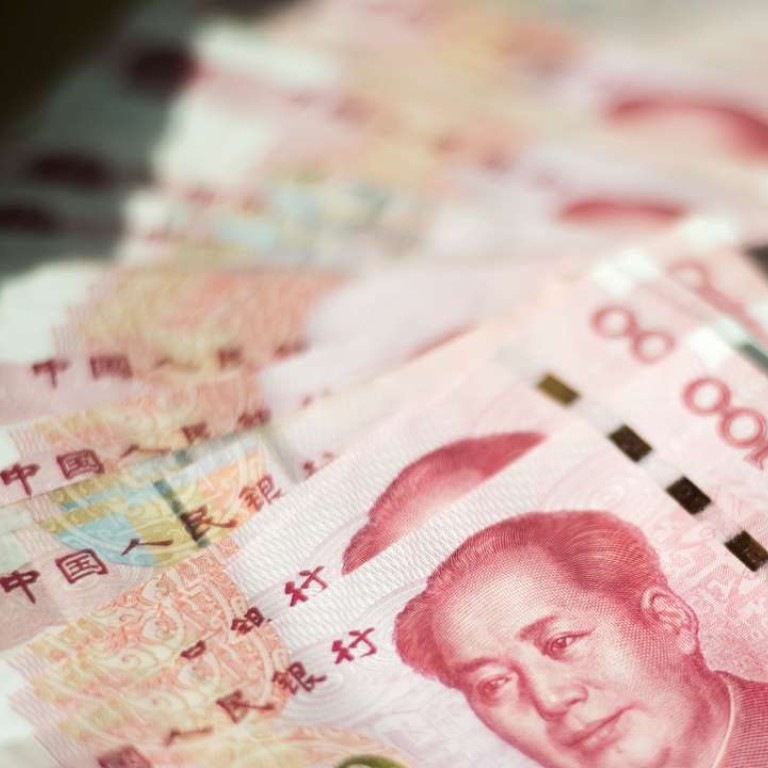
Chinese legislature keeps corporate tax rate unchanged at 25 per cent
Beijing will closely watch what steps other countries take, particularly the United States
China will keep its corporate tax rate at 25 per cent for the time being, ignoring calls by leading entrepreneurs to reduce the burden on businesses and make the nation more competitive in the global marketplace.
But Beijing would closely watch what steps other countries took in this direction, said a senior official at the Finance Ministry.
The National People’s Congress left the rate unchanged in amending the corporate income tax law on Friday. Instead, the legislature raised how much companies could deduct for charitable giving.
“The amendment is set to encourage more corporate participation in philanthropy,” said Zhang Tianli, deputy director-general of the Ministry of Finance’s tax affair department. “It plays no decisive role in lowering the tax burden.”
When asked how Beijing would respond to a move by US President Donald Trump to cut taxes, Zhang said China was monitoring the situation closely.
Trump is expected to submit his plan to Congress in the coming weeks, while British Prime Minister Theresa May has pledged to make her country’s corporate tax rate the lowest of the world’s 20 biggest economies.
China’s standard tax rate of 25 per cent applies to the vast majority of firms based in the country, but a preferential 15 per cent rate is given to government-accredited high-tech firms, and a 20 per cent levy is granted to small and macro businesses.
Beijing has repeatedly said its changes to the tax regime – from a business tax to value-added tax –have saved companies 500 billion yuan ($US72.8 billion).
But appeals for a broader cut continue to rise. A survey published by the Unirule Institute of Economics, a Beijing-based think tank founded by a group of liberal economists, said that China’s macro tax burden, which measures the corporate burden against the country’s gross domestic product, had approached 40 per cent.
Li Weiguang, a professor of fiscal science at Tianjin University of Finance and Economics, called the burden a “killer tax”.
Cao Dewang, the chairman of Fuyao Glass chairman, a leading manufacturer of vehicle glass, said in December the rates in the United States were more advantageous than what the mainland imposed.
He was explaining his decision to invest US$1 billion in the US, including taking over a former General Motors plant in Dayton, Ohio.
Zhang defended China’s rate, saying: “China’s corporate income tax rate of 25 per cent is in the middle level globally”.
Han Baojiang, head of the economic department at the Central Party School, the leading training school for cadres, said that Beijing couldn’t afford deep tax cuts right now. The government needed a stable fiscal revenue stream to bolster growth and cover social welfare expenditures this year, Han said.
“The room to cut taxes this year is not big considering China’s slow fiscal revenue growth and large rise of expenditures, especially in social welfare,” Han said.

